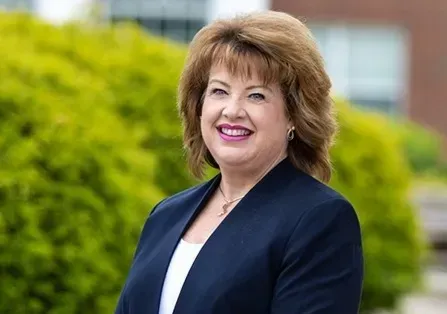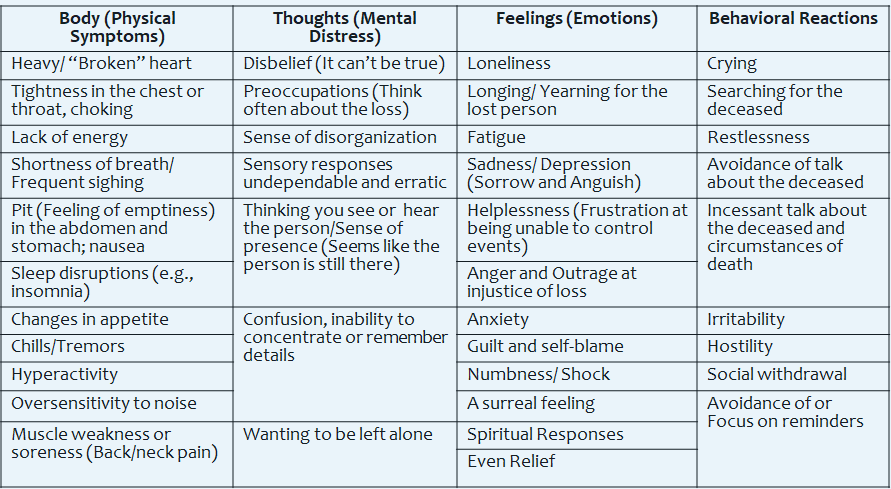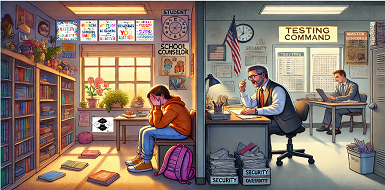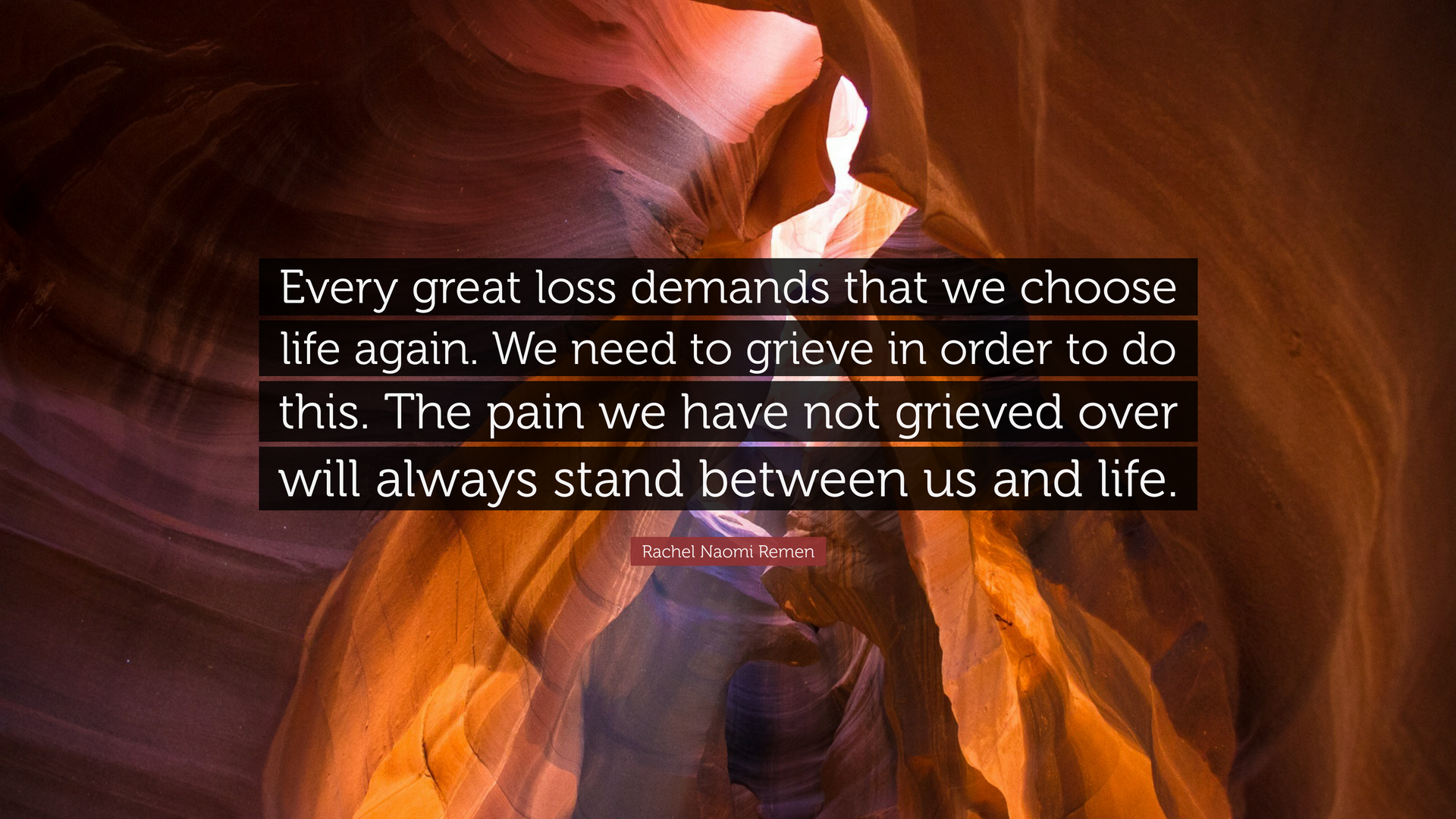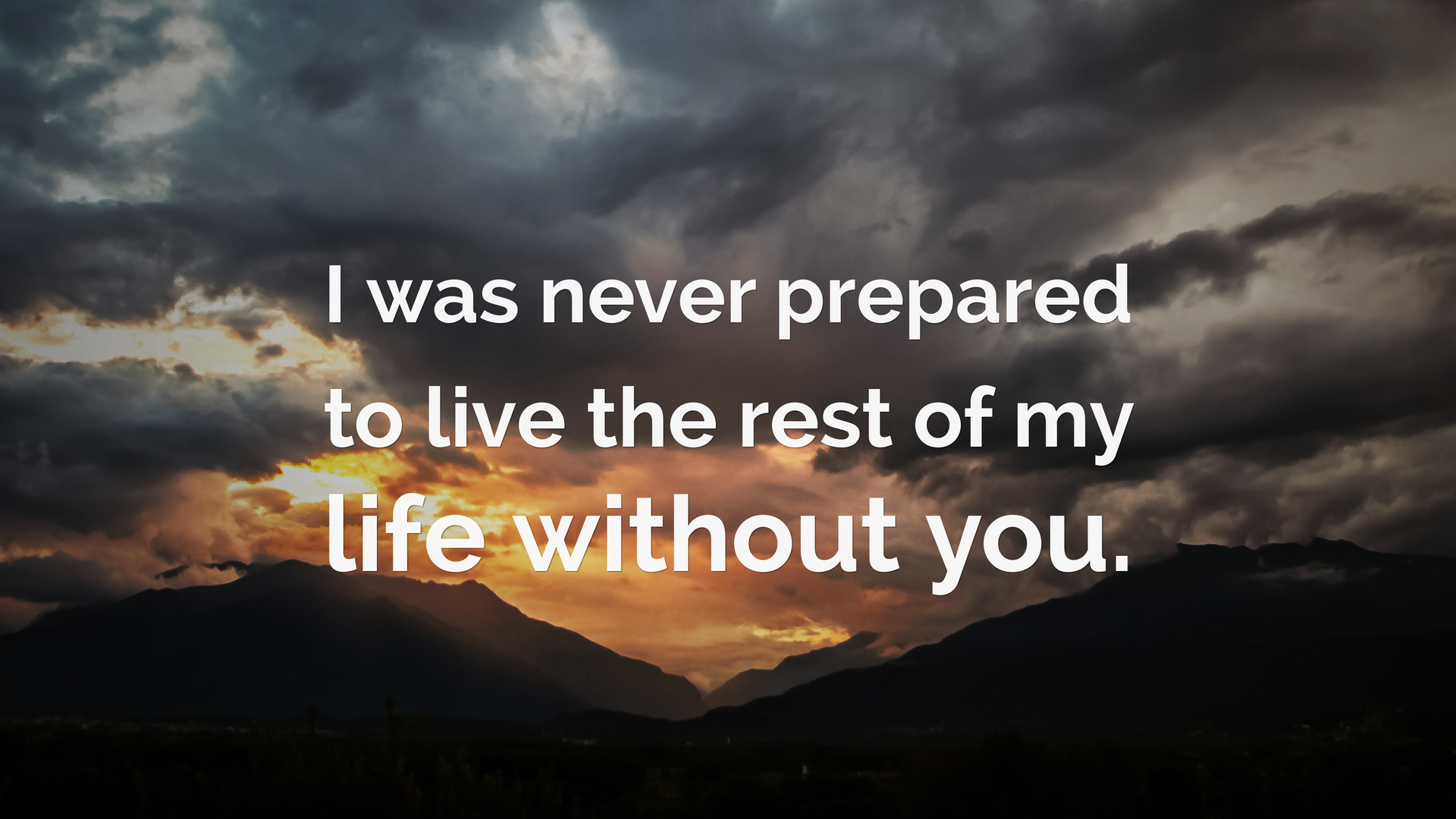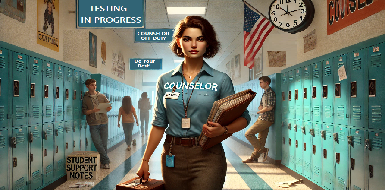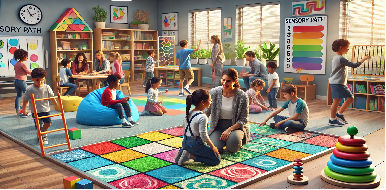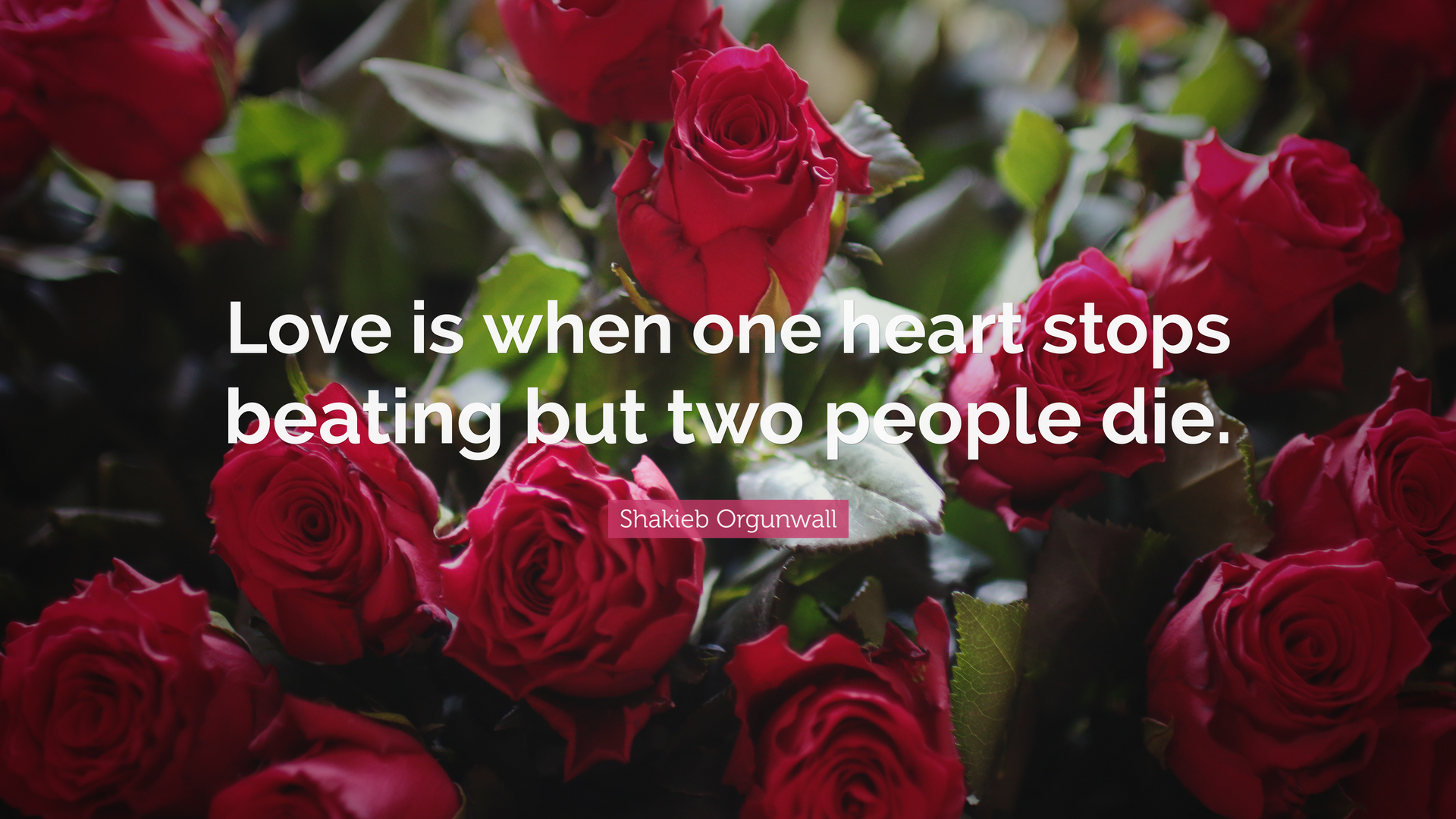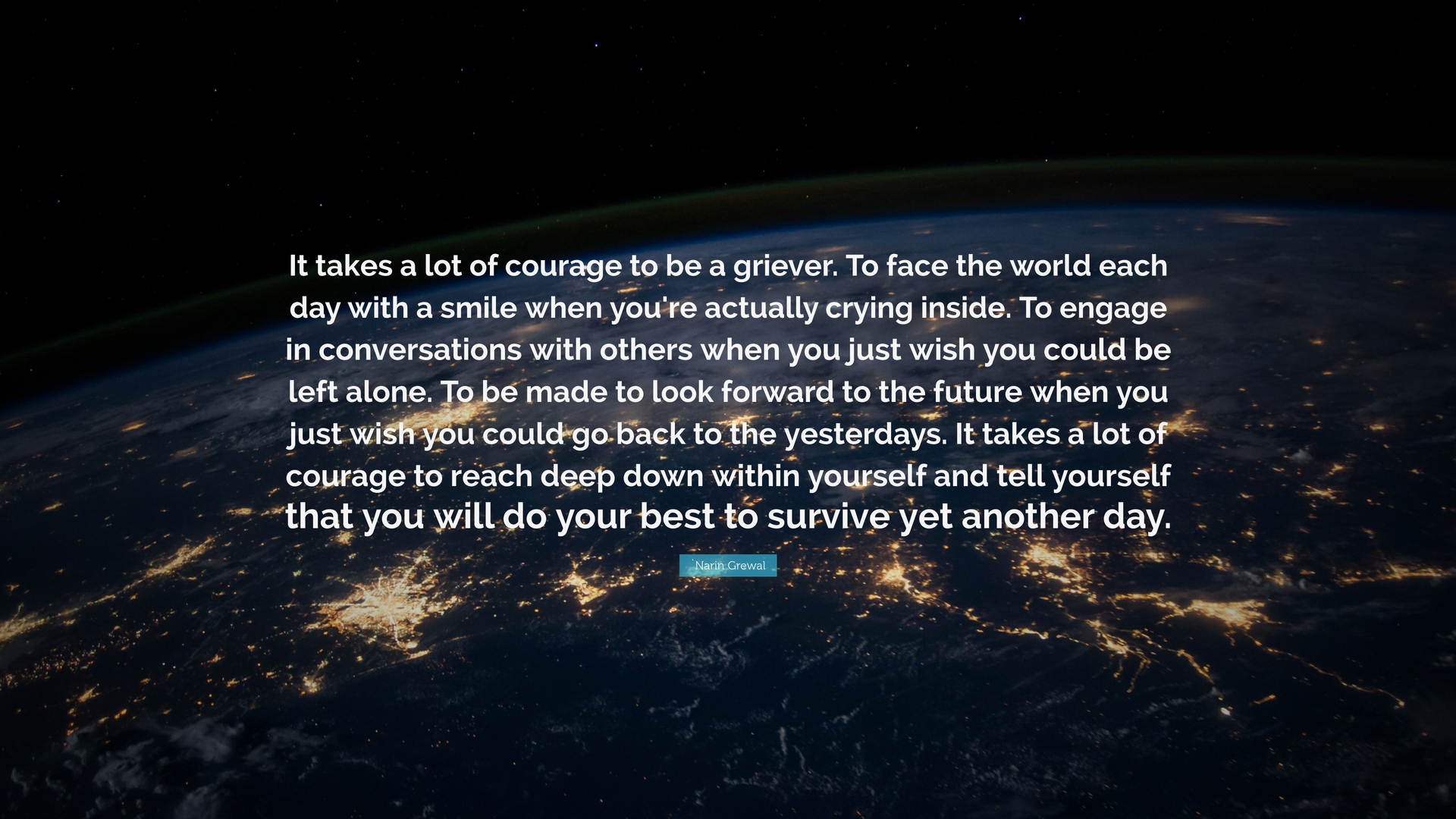Susan Rardon
Rose, Ph.D.
Honey, I'll Do This for Us
Embracing the Last Act of Love: Carrying the Cross of Loss
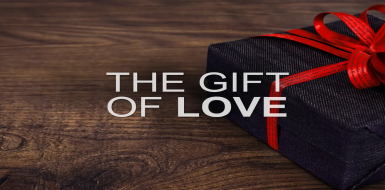
Henry Cordonnier, a widower from Russia, Ohio, wrote what I feel when I say, "Honey, I'll do this for us." He writes:
"Usually, one spouse outlives the other and the surviving spouse carries a cross of loss for a long time. The Lord has
given me a way of thinking about this cross that has helped me to carry it, and I want to share it with you. I hope you
will find it helpful.
Spouses like to do acts of love for each other which often entail making a sacrifice that can range from small to
large. It always made me feel good when I was able to do something loving for my wife. For example, each week Ann
would make a grocery list, and I would take all of the kids (we had seven), with me to the grocery store. We always
went to more than one store in order to get the best deals. This would give Ann about two hours alone to do whatever
she wanted without interruptions. She really appreciated this small act of love, and I did this for over 25 years. I was
happy to do this for her because I loved her.
So many times, a situation arises and both spouses look at each other to see who’s going to take care of it. Eventually,
one spouse will say, 'Honey, I’ll take care of it. You just relax.' Well, that’s how I look at my life now. Ann died first, and I
get to give her one last gift. One of us had to suffer through the pain of loss and separation, and I’m glad it’s me. So,
each day I tell her, 'Honey, I’ve got this. You just enjoy yourself in Heaven.' It makes me feel much better about the pain
that I’m going through because it’s a gift to her so that she doesn’t have to go through it.
You might say that I didn’t have a choice about who died first. You would be correct. But I do have a choice in how I
respond to this situation, and I’ve chosen to accept Ann’s death as God’s will for us. I’ve chosen to thank God for giving
me this opportunity to die last and to endure all the suffering that goes with it, much of which is still in the unknown
future. I’m grateful that she never had to suffer the pains of being a widow. It makes me feel good to think about it in
this way.
I’m happy to take care of it for us dear!"
The Last Gift of Love
Love is an energy! We grieve because we have no one now to do those acts of love for. The love energy is grief not given. I love the intentional mindset that Henry uses in remembering that we are going through the pain because it's a gift to our spouse. It's similar to the positive mindset of saying, "I get to..." rather than "I have to..." Our point of view really does make a difference.
I too love him so much that I'm grateful that he didn't have to suffer the pains of being a widower. It's the last gift I can give him.
Transforming Grief Through Love
Henry's perspective has given me a new way to approach my own grief. The notion that carrying the burden of loss is an act of love, a final gift to our spouse, transforms the pain into something meaningful and purposeful. It is a choice to see the loss not as a punishment or an unbearable weight but as a testament to the enduring love we shared.
The way we choose to view our circumstances has a profound impact on our experience. By framing the pain of loss as a selfless act of love, we can find solace and strength in the midst of our sorrow. This mindset allows us to honor our loved ones and continue to express our love for them even after they are gone.
Embracing Gratitude
Gratitude plays a crucial role in this transformation. By choosing to be grateful for the opportunity to carry this burden, we acknowledge the depth of our love and the significance of our relationship. This gratitude helps to soften the edges of our grief and provides a sense of peace amidst the pain.
As I navigate this journey of loss, I am inspired by Henry's words and the example he sets. I will strive to carry this cross of grief with grace and gratitude, remembering that it is a final act of love for my spouse. Each day, I will remind myself that I have the privilege of bearing this burden so that he does not have to.
Conclusion: A Legacy of Love
In conclusion, the way we choose to respond to loss can transform our experience of grief. By embracing the pain as an act of love, we honor our loved ones and keep their memory alive in a meaningful way. This perspective not only helps us to carry the weight of our sorrow but also allows us to find a sense of purpose and peace.
As I continue to live with this grief, I will hold onto the belief that this is my final gift to him. I will cherish the love we shared and let it guide me through the darkest days. For in this love, I find the strength to carry on and the courage to face each new day.
I am a school counselor turned counselor educator, professor, and author helping educators and parents to build social, emotional, and academic growth in ALL kids! The school counseling blog delivers both advocacy as well as strategies to help you deliver your best school counseling program.
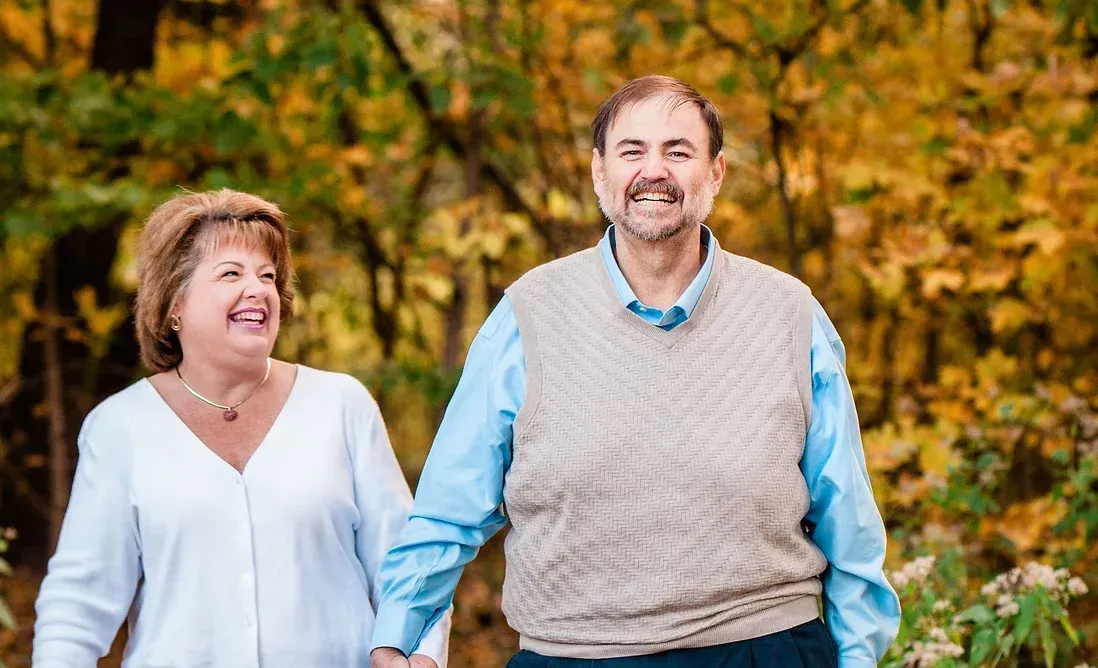
I'm a mother, grandmother, professor, author, and wife (I'll always be his). Until October 20, 2020, I lived with my husband, Robert (Bob) Rose, in Louisville, Ky. On that awful day of October 20,2020, my life profoundly changed, when this amazing man went on to Heaven. After Bob moved to Heaven, I embraced my love of writing as an outlet for grief. Hence, the Grief Blog is my attempt to share what I learned as a Counselor in education with what I am learning through this experience of walking this earth without him. My mission is to help those in grief move forward to see joy beyond this most painful time.
Useful Links
